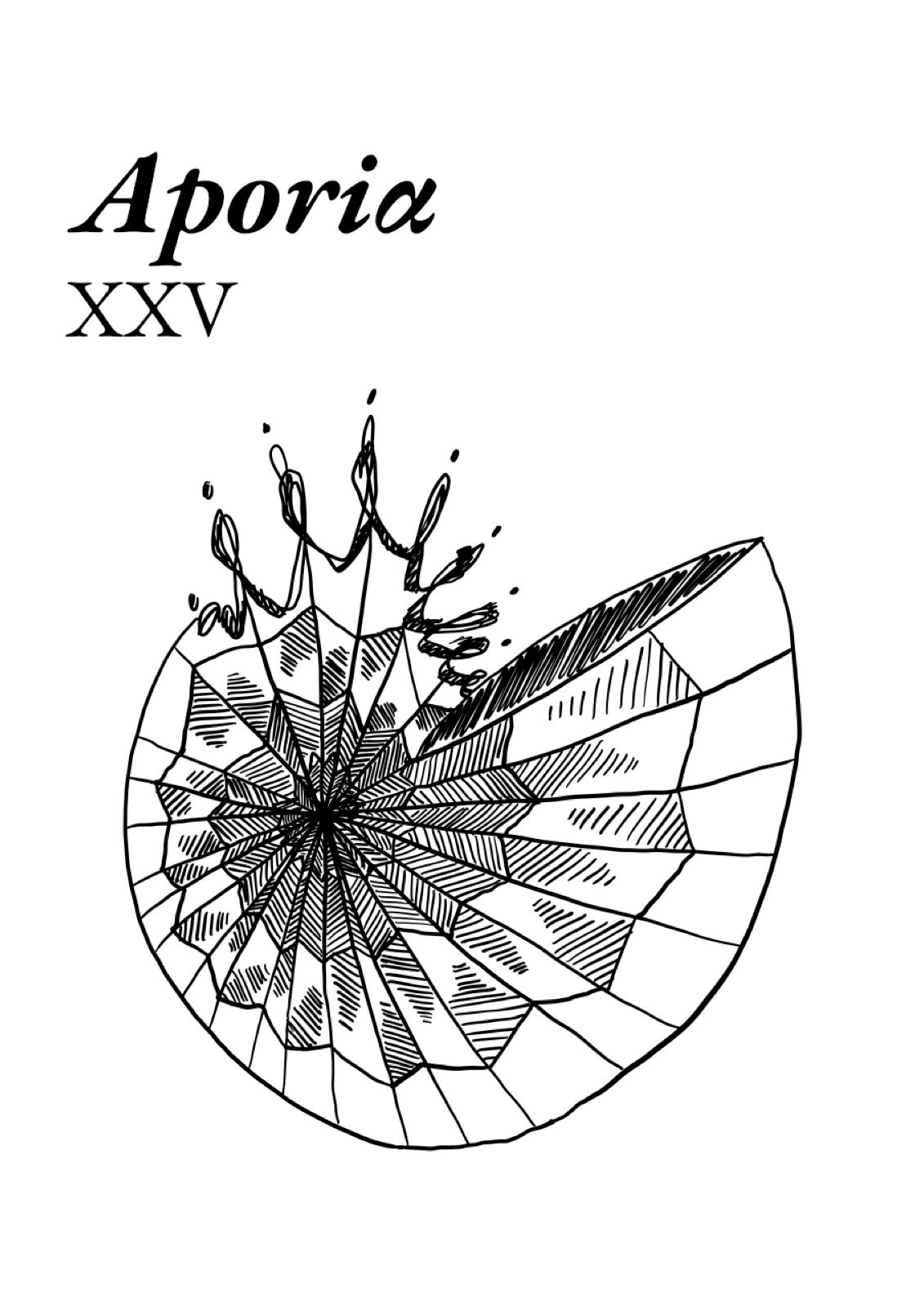A Defence of the Interpretational Account of Validity
Main Article Content
Abstract
Both the interpretational account and the representational account provide contrasting accounts of validity for natural-language arguments. While the interpretational account captures formal validity, unlike the representational account, it does not capture materially valid arguments. Therefore, materially valid arguments are viewed as counterexamples to the interpretational account. I motivate why we may want to defend the interpretational account over the representational account and then proceed to defend the interpretational account using the suppressed premise strategy. The first objection to the suppressed premise strategy is by Stephen Read, who argues that the supressed premise is redundant. My contribution is to demonstrate how his objection fails. I also discuss and defend the suppressed premise strategy against other objections, which concern the nature of the supressed premise and the problem of modus ponens.
Article Details

This work is licensed under a Creative Commons Attribution 4.0 International License.
Author's retain copyright, but give their consent to Aporia to publish their work.

